
Secrets of three of Hong Kong’s oldest restaurants: quality, loyalty and consistency
From Tai Ping Koon, which opened in 1860 and served Sun Yat-sen, to Gaylord Indian Restaurant, open since 1972, to the award-winning abalone served in Forum since 1977, these restaurants have stood the test of time
In a city where restaurants come and go with dizzying speed, those which have stood the test of time are few and far between.
Some number the history of their business in decades, others more than a century, but three stand out for their longevity and signature dishes which have proven timeless in their appeal.
What do Dr Sun Yat-sen, Chiang Kai-shek, Ho Chi Minh and Chow Yun-fat all have in common?
How Hong Kong has absorbed and adapted foreign cuisines
They’ve all been customers at Tai Ping Koon, which has been in business since 1860 – making it one of the world’s oldest continually operating Chinese restaurants.
With four locations across Hong Kong, it retains the dishes and unique philosophy which has seen it last almost 160 years. The fifth-generation owner, Andrew Chui, is quietly proud of the restaurant’s past and the legacy he continues to uphold.
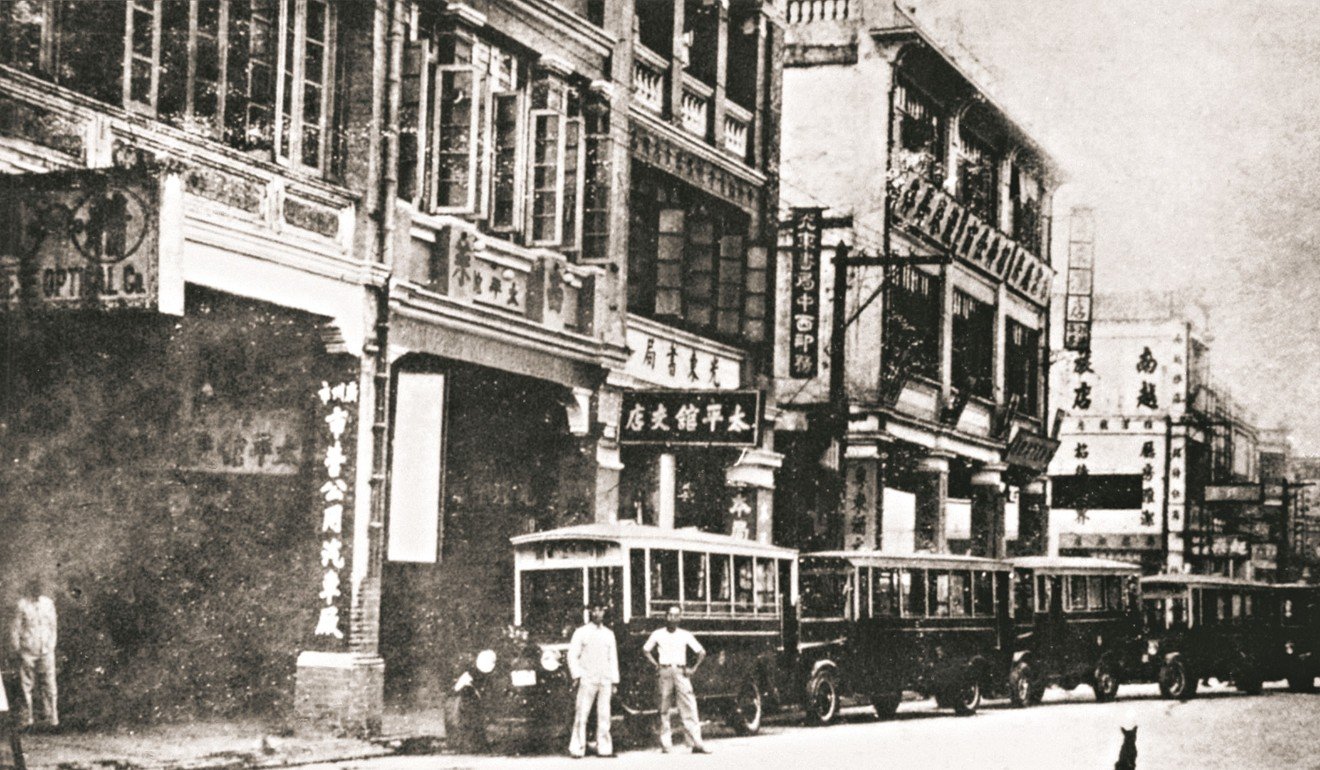
It was a marinade sauce, however, including a blend of soy sauces, that was to become the restaurant’s signature and prove its enduring legacy to this day. It also provided the name for the style of cuisine as it is popularly known in the city, namely “soy sauce western”.
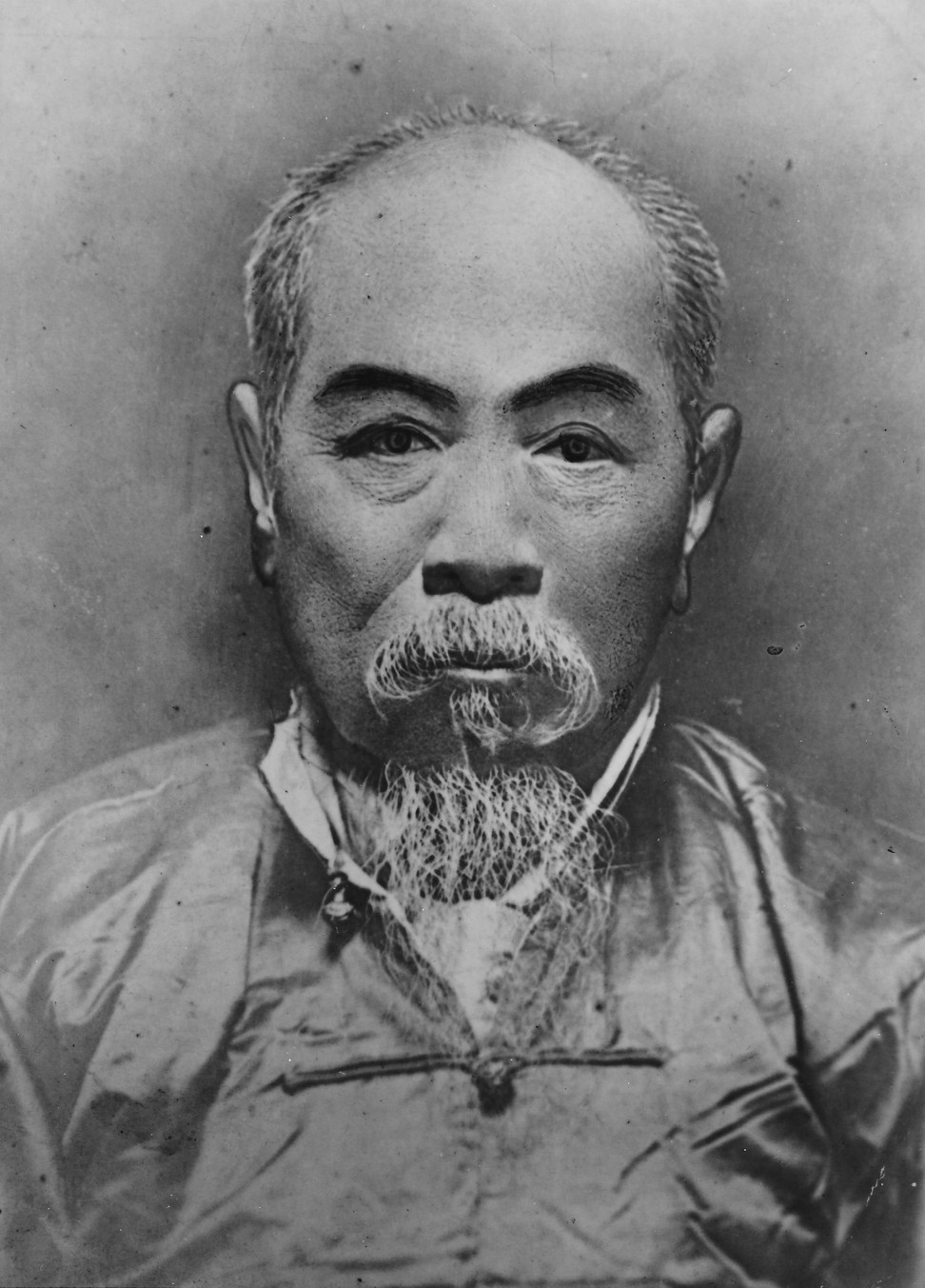
The restaurant has a colourful history. In 1938, with the Sino-Japanese war raging in China, Chui’s grandfather opened the first Hong Kong Tai Ping Koon in Sheung Wan on Hong Kong Island. By 1956, the Guangdong branch had closed, making Hong Kong the restaurant’s new permanent home.
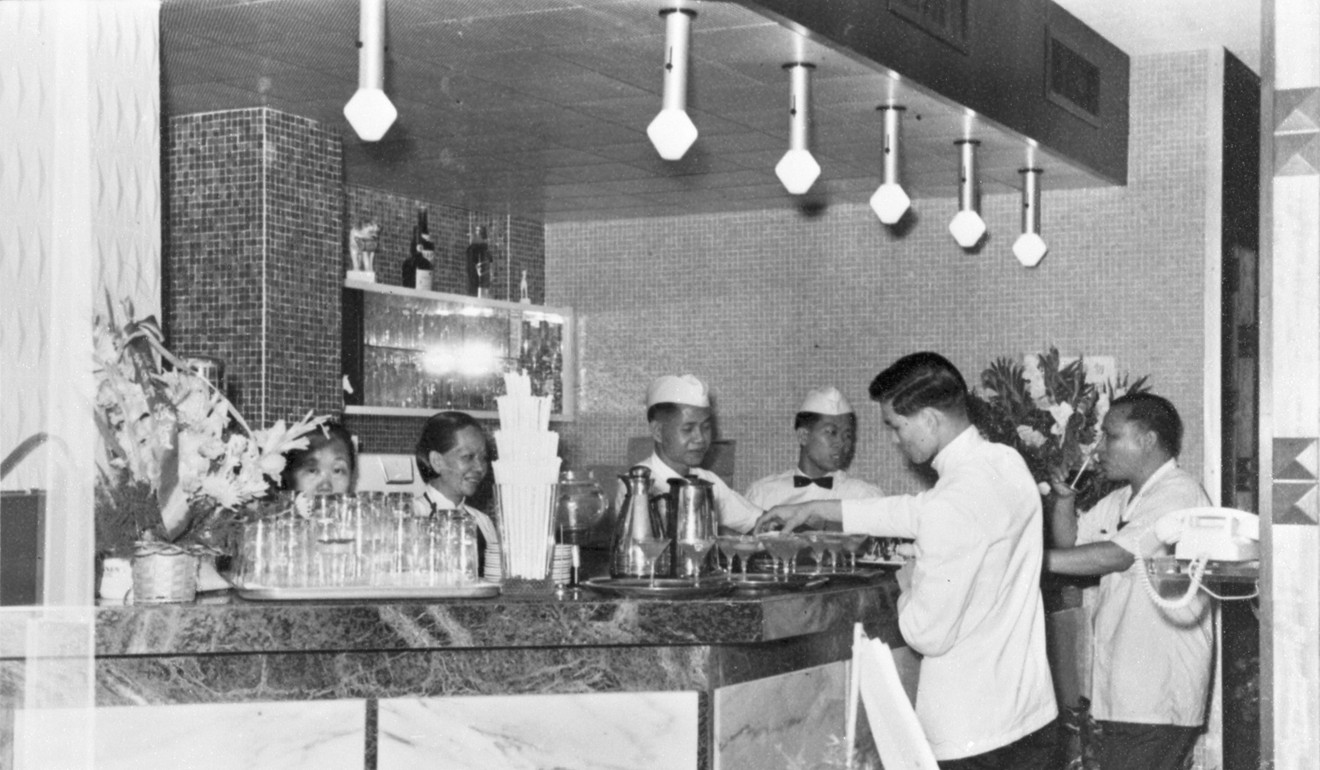
Some of the recipes have remained unchanged since the very first menu, such as steak with black pepper sauce. Arguably its most famous dish, and the one most frequently ordered in all four branches, is Swiss chicken wings.
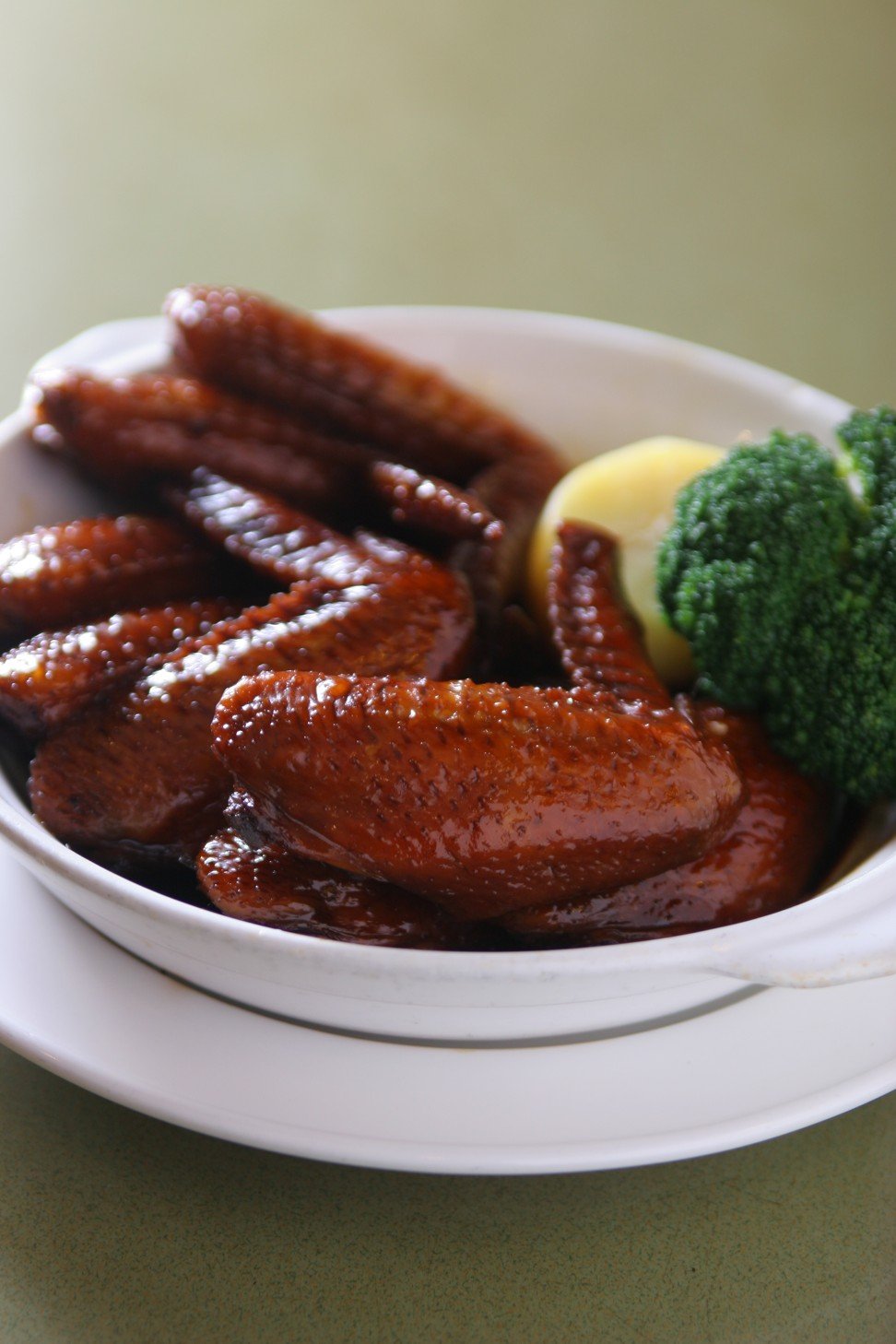
The name stuck, and today customers visit for the gloriously sticky, sweet wings steeped in the mahogany-coloured secret sauce.
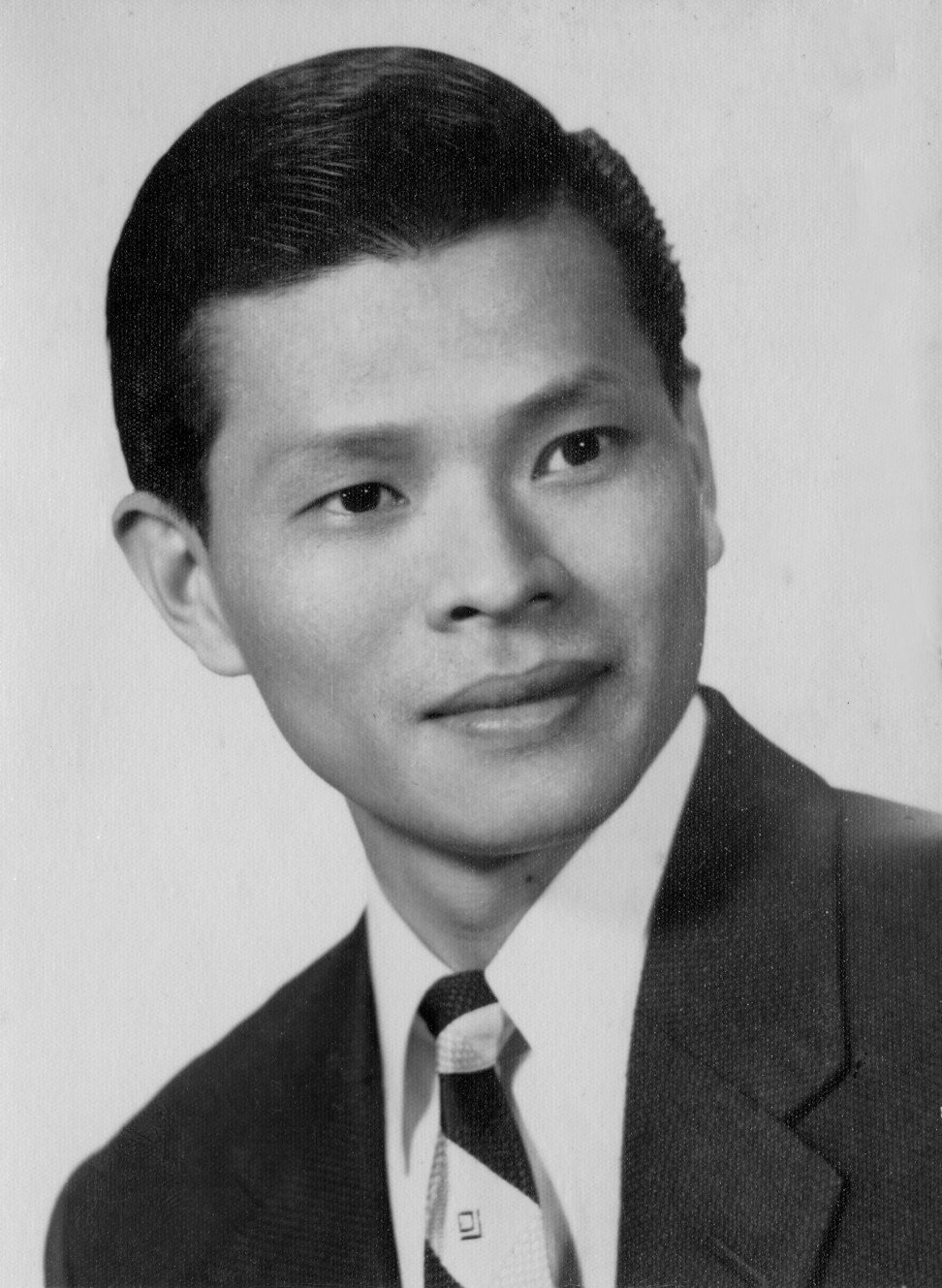
Forum’s fame is down to the dish which has given Yeung his nickname, “the abalone king”. Today a sprightly 86 and impeccably dressed in a smart grey suit, the diminutive master explains the secret to the success which has seen Forum hold two Michelin stars.
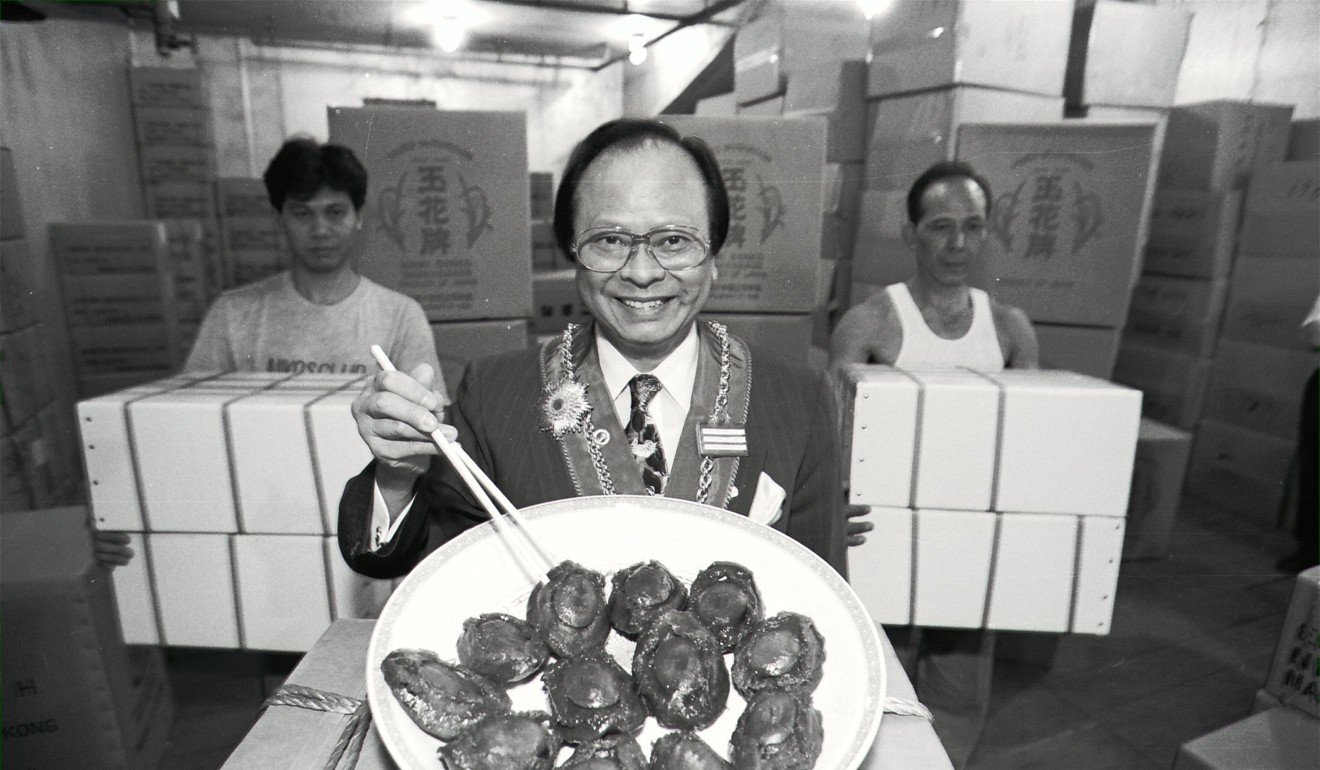
“We rehydrate the Japanese abalone for 24 hours before they are steeped in a broth made from pork spare ribs and chicken, then cooked in a clay pot on high heat for at least 14 hours. We test whether it’s ready by putting a pin in it, but I can smell the freshness of the abalone and sense it when I touch it – how the abalone absorbs the flavour,” he says.
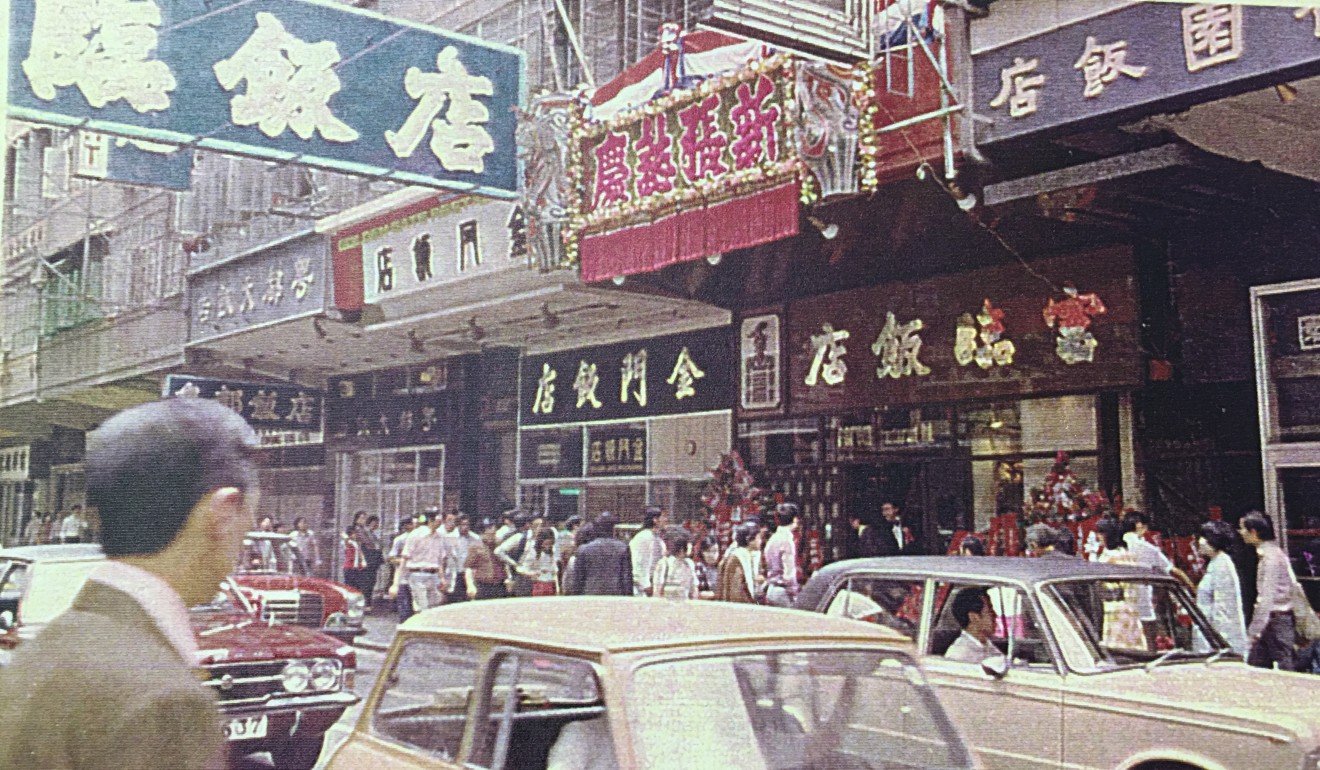
Originally on Lockhart Road, in 2014 Forum moved to Sino Plaza in Causeway Bay. Over the years, Yeung has cooked for a succession of the great and the good, among them late Chinese leader Deng Xiaoping, former governor of Hong Kong Chris Patten and former French president Jacques Chirac among them. Yeung’s assistant shows a signed letter from Chirac at the Elyseé Palace, thanking him for dinner.
‘Abalone king’ Yeung Koon-yat sees Hong Kong society turning sour
Surrounded by photos and countless awards and honours, Yeung is thankful for the Michelin recognition, but still ambitious – and not entirely satisfied. “Two stars is already great, but three is better! The goal is to maintain the quality, staff, service and system.”
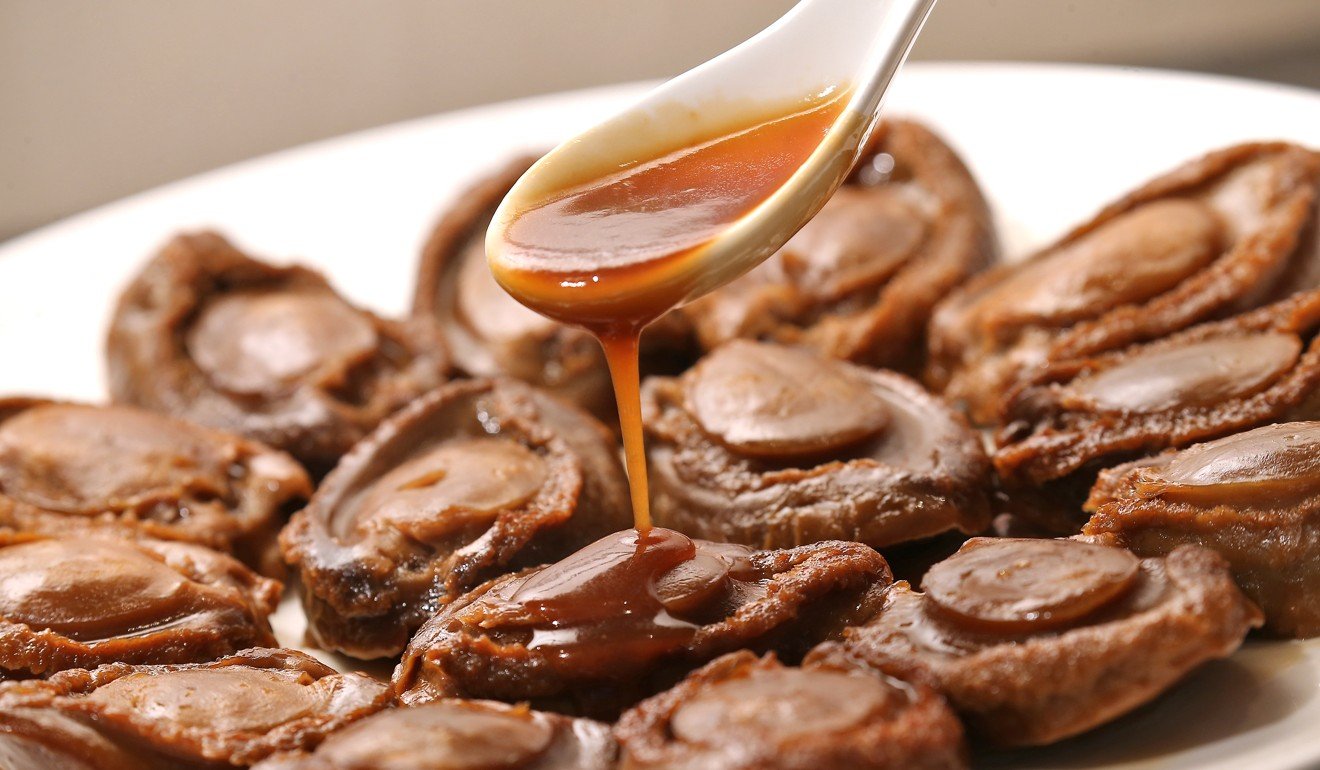
A remarkable energy and drive keeps him going, ensuring that local and global diners continue to experience the wide-ranging menu, and a demand for excellence still pervades everything he does.
“We have one objective: to be the best. Everyone does abalone but the point is we have to be the best. If they do good, we have to do better.”
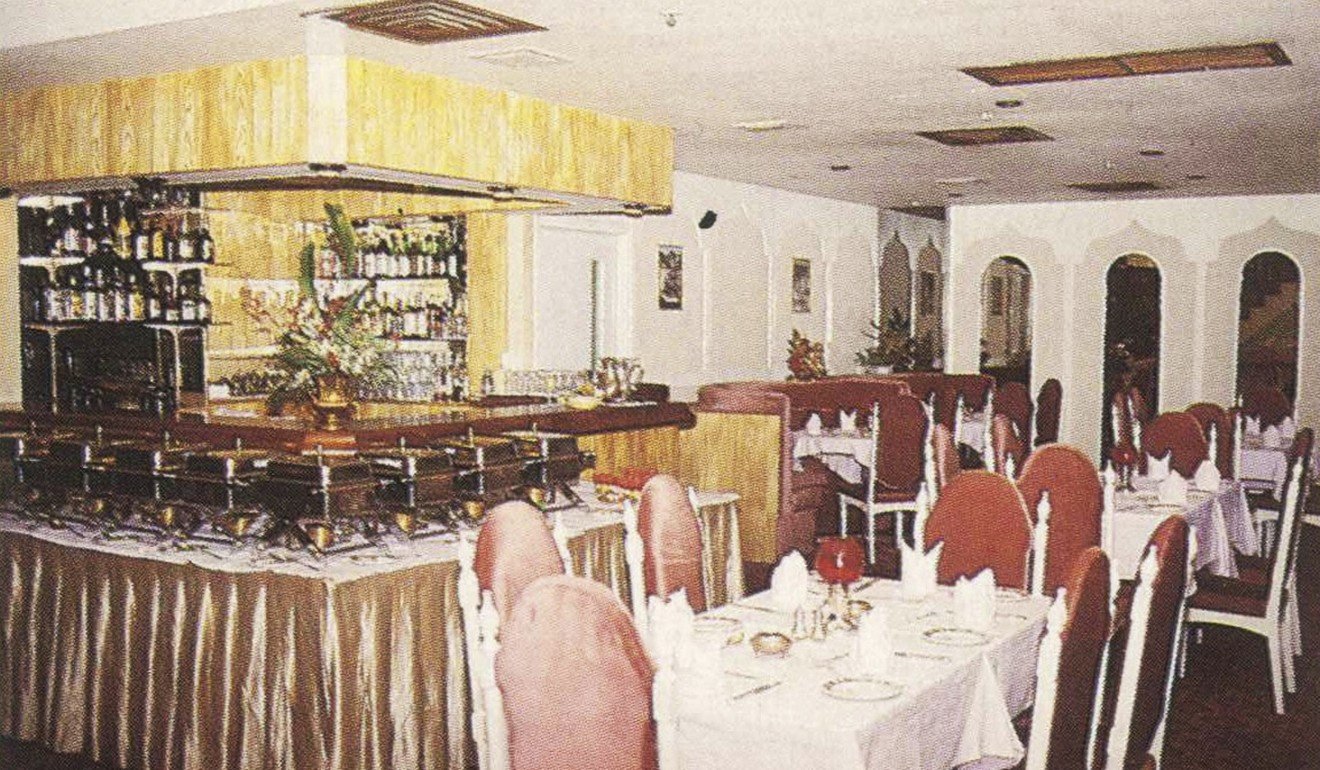
Hong Kong’s oldest Indian restaurant, Gaylord, celebrated its 45th anniversary last year. The name Gaylord refers to a “Happy God”. The restaurant was opened on Wyndham Street, Central, by O.P. Seth. It moved to Chatham Road, Tsim Sha Tsui, before moving to nearby Ashley Road, where it has been for the past 29 years.
We’ve barely changed anything since we opened. Maybe 10 per cent in 45 years. We changed the look and feel of the menu, made it a little bit more contemporary, went more modern with plating, but no real changes to the food
Affable and gregarious, Rajeev Bhasin is the managing director and a passionate advocate for his home country’s cuisine. He puts the restaurant’s history in context.
“One innovative approach back in the early 1980s was the buffet lunch, which allowed Chinese diners, in particular, the chance to try Indian cuisine, to dispel the misconception that our food is extremely spicy. It’s not about being spicy, it’s about being fragrant.”
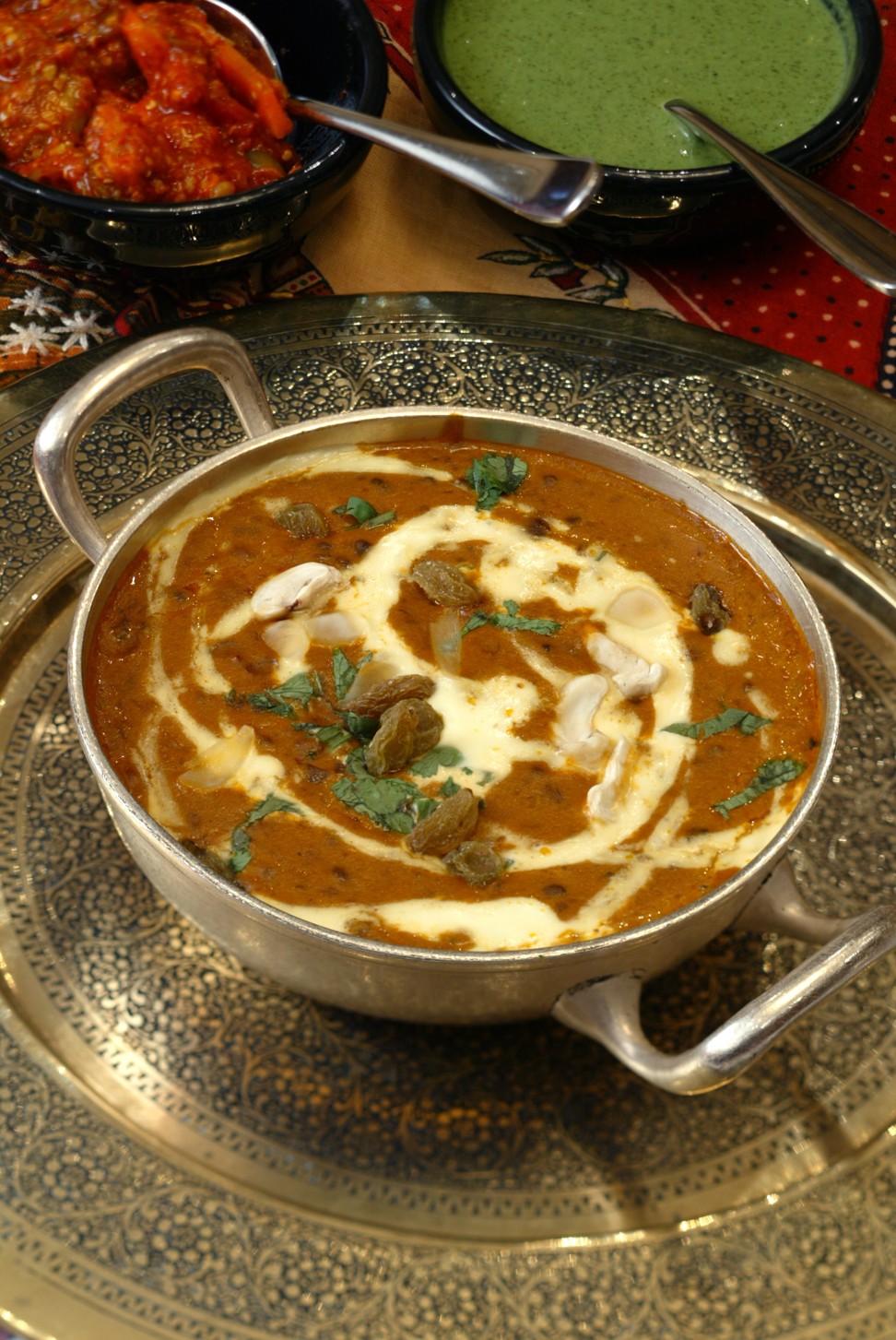
“We changed the look and feel of the menu, made it a little bit more contemporary, went more modern with plating, but no real changes to the food. Maybe reduce the oil level a bit, but some things you can’t change. You can’t fry samosas in water!”
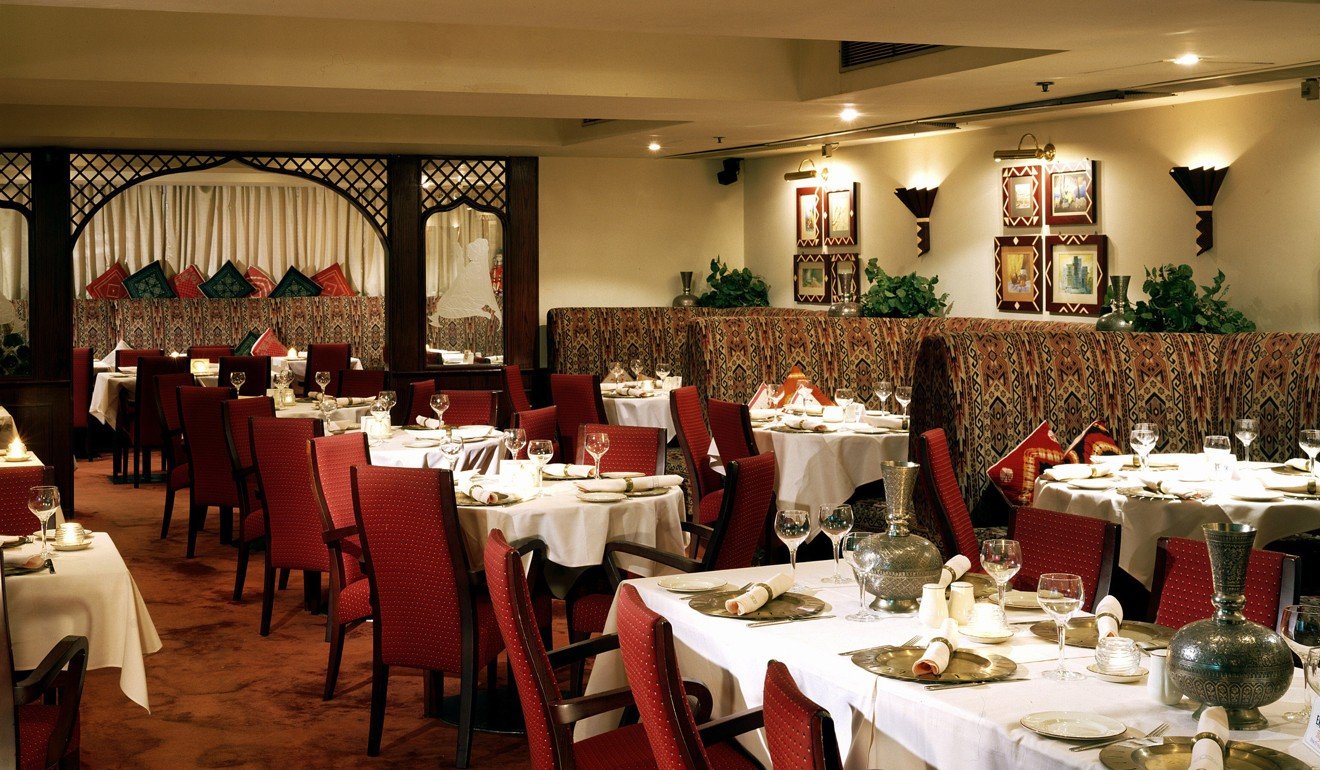
There are six chefs among the staff of 20.
Reasonable, affordable ramen at Baikohken Ramen, but best to focus on side dishes
“When you do Indian cuisine in the right and proper way, you need that many. One of our chefs has been here 28 years, one of our waiters for 26,” Bhasin says.

Tai Ping Koon
Forum
1/F Sino Plaza, 255-257 Gloucester Rd, Causeway Bay, tel: 2869 8282, forumrestaurant1977.com
Gaylord
1/F Ashley Centre, 23-25 Ashley Road, Tsim Sha Tsui, tel: 2376 1001, mayfare.com.hk/gaylord-overview.php

